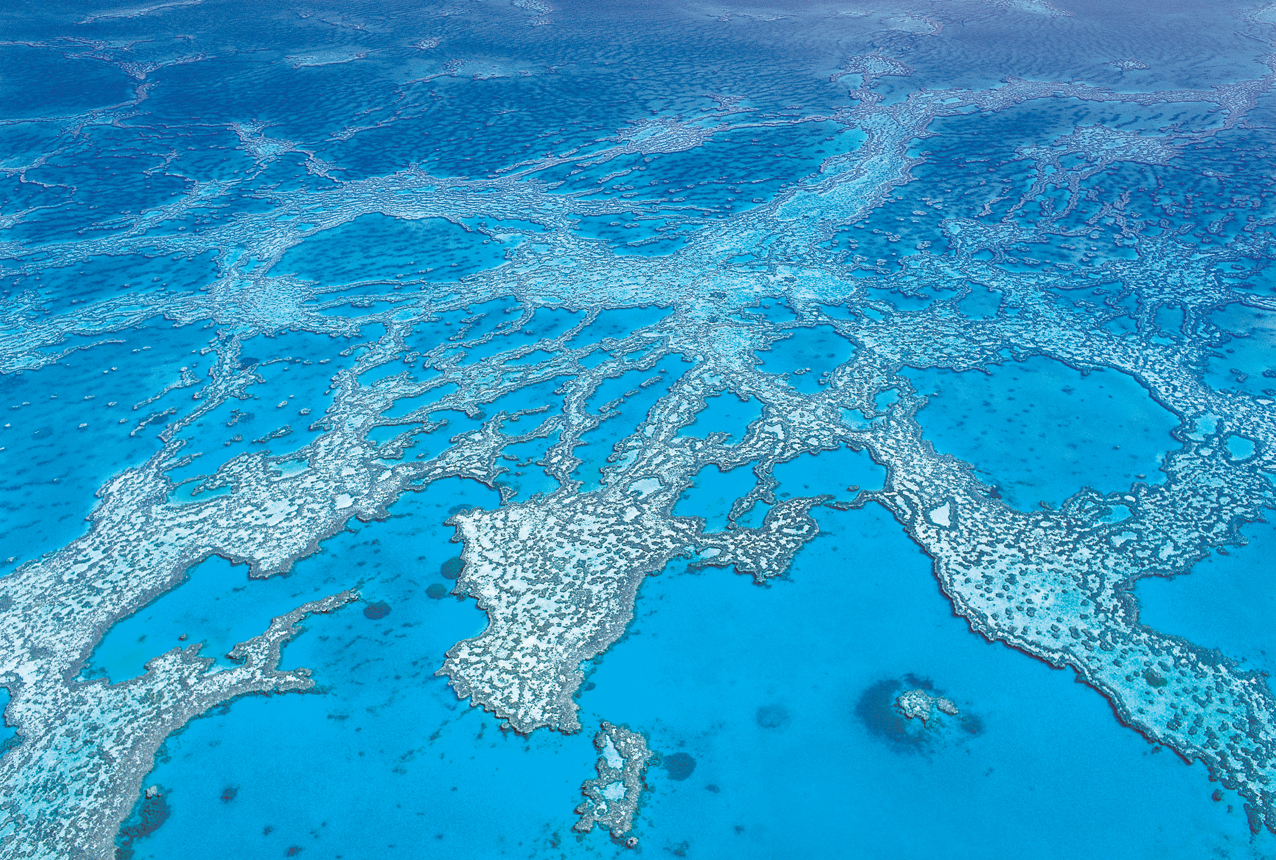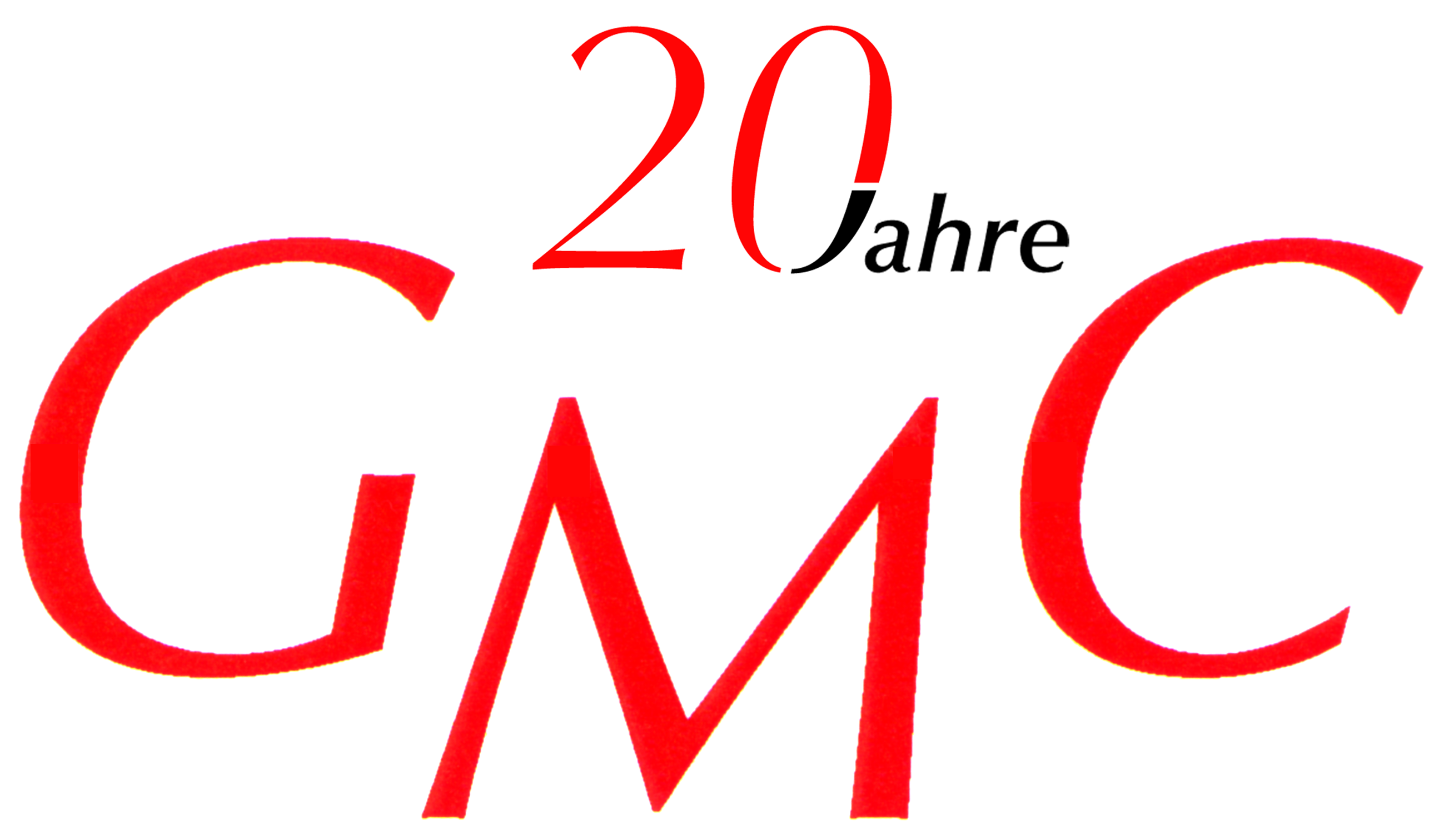
FOREWORD
The author, Gerd Michael Müller, born in Zürich in 1962, traveled as a photo-journalist to more than 50 nations and lived in seven countries, including in the underground in South Africa during apartheid. In the 80 years he was a political activist at the youth riots in Zürich. Then he was involved in pioneering Wildlife & eco projects in Southern Africa and humanitarian projects elsewhere in the world. As early as 1993, Müller reported on the global climate change and in 1999 he founded the «Tourism & Environment Forum Switzerland». Through his humanitarian missions he got to know Nelson Mandela, the Dalai Lama and other figures of light. His book is an exciting mixture of political thriller, crazy social stories and travel reports – the highlights of his adventurous, wild nomadic life for reportage photography.
(please note that translation corrections are still in progress and images will follow soon)
Policy failures: „Chronology of good intentions“ and decades of failure
2021 showed again, the Corona Pandemic is Pipifax in comparison, what rolls on mankind and in the soon 50 year old knowledge about the harmful CO2 emissions for our planet, is merrily continued, more and more thoughtlessly consumed, resources wasted, fauna and flora and the habitat of millions of people destroyed. Already President Nixon warned in the 70s of the dramatic consequences (one of his few rays of hope) and the first „IPPC“ report of 1990 warned of the consequences of our unbridled overexploitation. There is no need to be a crazy doomsday prophet anymore, today’s scientific findings and the knowledge of how lamely we react to the threat allow no other conclusion than that our species has reached the end age. According to the Intergovernmental Panel on Climate Change, there are two horror scenarios: One is a two-meter rise in sea level by the end of the century, depending on how fast the Antarctic ice sheet continues to melt. Another is the collapse of the Atlantic Overcurrent Current (AMOC), which has already weakened. It distributes cold and warm water in the Atlantic and influences, for example, the monsoon in Africa and Asia, which is important for billions of people. The collapse of the Gulf Stream would also have a serious impact on Europe. If emissions remain the same until 2050, the temperature at the end of this century would be 2.1 to 3.5 degrees above pre-industrial levels. If CO2 emissions were to double by mid-century, the temperature could rise by up to 5.7 degrees. And unfortunately, this is how things will continue. After all, the U.S. government’s Energy Information Administration (EIA) calculated in 2019 that CO2 emissions will rise from around 36 billion metric tons a year today to more than 42 billion metric tons by 2050 as a result of the industrialization of many countries, which is only just beginning. China produces the most greenhouse gas, about a quarter of the total, ahead of the U.S. at 18 percent and the EU at 17 percent. The proportion of CO2 emissions that are absorbed in sinks such as forests or oceans and do not remain in the atmosphere is about 44 percent, according to the report.
In 1997 the third report of the „IPPC“-climate council came out and what was outlined and proved there, exceeded all the horror scenarios and the extent of destruction by far that I had already noticed since 1993! The report should change also my activity lastingly. From then on, I refrained from the many air and long-distance trips and concentrated more on local destinations that could be reached by train. In 1999, I founded the „Tourism & Environment Forum Switzerland“ in Samedan together with Gisela Femppel, an editor of the „Südostschweiz“ and with my professional colleague Heinz Schmid, which was also supported by the famous tourism director of St. Moritz, Hansruedi Danuser. The NGO was domiciled at Samedan Airport, because at that time I was living up there in the fantastic Upper Engadin, during the winter of the century and the following two years, because I had moved from Zurich to the Engadin with my girlfriend Eve, an enthusiastic snowboarder, after the separation from the mother of my daughters. In the Engadin high valley I could regularly roam on horseback through the snow-covered forests of the alpine slopes and for the first time in my life also ride through the drifting snow and the untouched white splendor.
For the „Tourismus & Umwelt Forum Schweiz“ (Swiss Tourism & Environment Forum) I created a web portal that linked scientific facts, environmentally relevant NGO projects, responsible authorities such as the „Bundesamt für Umwelt“ (BUWAL), international organizations and critical media reports with sustainable travel offers and tips for environmentally conscious travelers. For three years I served as managing director and president for this environmental organization and set some accents in Graubünden with traveling exhibitions on the topic of „Climate Change in the Alps“ with a „Rail-Expo“ traveling exhibition of the Rhaetian Railway, three rail cars that were stationed in Davos, St. Moritz, Samedan, Pontresina and six other alpine locations in Graubünden and sent out the first warning signals. Members of the „Tourism & Environment Forum“ at that time were the „BUWAL/FLS“, the Swiss National Park, the „Biosphere Reserve Entlebuch“, the „Research Institute for Leisure and Tourism“ of the University of Bern and the „Europa-Institut“ in Basel, but also the newly launched car rental company „Mobility“ and „Toyota“ with the first hybrid vehicle, the „Prius“, along with some transport associations, hotels and media. Three train wagons were stationed at the train stations in six Graubünden locations for 14 days each. In addition, we organized a live concert to kick off each exhibition. The „Tourism & Environment Forum“ was also present at the annual vacation fairs in Zurich and Berne with presentations and exhibitions. Travel more consciously, experience more, destroy less, was the motto for travelers, in order to bring about the necessary CO2 reduction measures and an energy transition at home as well, was the goal.
„This was the first long-term institutional „Corporate Social Responsibility“ commitment of my own press agency in this country! After all, I had already been privately and journalistically involved in a number of wildlife projects and humanitarian missions abroad. At that time, I published numerous environmentally critical publications and commentaries, such as „A Requiem for the Coral Reef“ in the „Mittelland-Zeitung“ or „In the diver’s paradise Maldives, a time bomb is ticking“. In the commentary I wrote the following: „It is not El-Nino who is to blame. It is the human being who progresses too far. Alarm bells are ringing around the globe. Central America has been devastated and set back decades. The coral world in the equatorial belt is threatened or already largely destroyed, the oceans polluted, the animal world wiped out here and there, the Alps built up and spoiled“. In 1997, in response to the IPPC climate report, I wrote in „Südostschweiz“ about climate change in the Alps under the title „Keiner kommt ungeschoren davon – Alpen von der Klimaerwärmung besonders hart betroffen“.
In the magazine „Touring“ and in the „Brückenbauer“, both media with million reader public appeared further critical reports of me, which resounded far beyond Switzerland, since I interviewed the „UNEP“ director Klaus Töpfer, the head of the UN environmental organization as well as with Michael Iwand, at that time director environmental management with „TUI“ (tourism union international) and Iwand Widerpart of the „German environmental assistance“ and the nature protection federation and at the ITB the largest tourism trade fair in Berlin intervened to take the topic on the agenda. Prof. Hansruedi Müller of the „Research Institute for Leisure and Tourism“ (FIF) also pleaded for „more heart-liners than hard-liners“. From this and the following experiences and examples, one can confidently say that the „Corporate Responsibility Initiative“ accepted by the people and the popular majority rejected by the cantons will now also lead to much more paper without effect and will remain toothless. Once again, Switzerland and the corporations that dominate it have failed to live up to their global responsibilities. To our shame and against our belief in progress, we have not come one step further in the last 30 years. On the contrary. The footprint has become larger and we have made it to 4th place of the environmental offenders.
So I addressed this urgent climate appeal to the Swiss politicians and population more than 30 years ago and to the „world public“ at the „ITB“ in Berlin and already stated at that time: „The drastic trail of devastation left by industrialized man and the (un)civilized tourist is mostly carried out on the hump of the 3rd world nations and is becoming more and more dramatic. But we here in the Alps are also particularly affected by climate change. The temperature rise is expected to be much higher than the world average and the glaciers are melting just like the biodiversity. We can no longer stand idly by and watch this happen, I said to myself, and from then on I also gave up a car or a motorcycle and committed myself to the expansion of the rail infrastructure and bicycle paths. Also in my function as president of the Swiss Tourism & Environment Forum. I gave critical speeches about my own travel industry, which was urged to do more for the environment and against the enormous damage caused by air traffic and excessive mass tourism, which won me more enemies than friends. Tourism propagandists were not happy to see the global impact of their business model increasingly criticized. I emphatically challenged the travel agency association to do more than just pay the usual lip service. But what happened was that, in the words of Greta von Thunberg, „When there’s a fire, people often rub up against the fire alarm instead of putting out the fire.“ I too felt like saying „I want you to panic“ inside.
Authorities everywhere were then, as now, in a state of enforcement emergency. Whether it is compliance with the Clean Air Ordinance, noise levels to protect the public, international agreements to reduce CO2 emissions, or the fulfillment of declarations of intent and objectives such as „Agenda 21“, the „Charta of Lanzarote“, or the „Declaration of Crete“, wherever we look, we find that none of the objectives have come close to being met. „The crux is that while the need for environmentally and socially responsible tourism is undisputed, still not much is happening,“ which I criticized harshly in the presentations and reports at the time as president of the „Tourism & Environment Forum.“ The tour operators, above all the three big ones „Kuoni Reisen“, „Hotelplan“ and „Tui Reisen“ hardly cared about water and energy supply and waste management on site, which led to devastating pollution of beaches and seas especially on the Maldives and other islands. An investigation by the „Higher School of Tourism“ (HFT) concluded at the time that the „Declaration of Crete remained a dead paper tiger“! And the greenwashing continued unchanged but inflationary from then on. We have already reached certain climate tipping points in some places around the world, some scientists agree. The precious, vital treasures of our earth are disappearing at the speed of light. Every four seconds, forests the size of a soccer field are cut down around the world – including or primarily for soy or palm oil plantations. The destruction of rainforests by slash-and-burn in the Amazon, Congo, and Indonesia
account for eleven percent of global CO2 emissions! Biodiversity is declining rapidly, with up to 150 plant and animal species disappearing from the earth every day. The more natural habitats shrink, the greater the risk of viruses spreading from animals to humans. Corona is the most recent example. Ebola, dengue, Mers, Sars, Zika, all these viruses have also been proven to be due to climate change and dwindling biodiversity. That’s why we need to be much more determined to protect natural habitats and crack down on wildlife trafficking and wildlife markets.
